Avoiding probate is crucial for efficient estate distribution. Many in Texas seek this path. It saves time, money, and stress. Let’s explore how to achieve this: Avoiding Probate: Strategies for Efficient Estate Distribution.
Imagine this
You’ve just discovered a hidden treasure map, leading to a chest filled with gold, precious gems, and ancient artifacts. Exciting, right? Now, picture the map as your estate plan and the treasure chest as your legacy. Not quite as thrilling as an Indiana Jones adventure, but equally important. Welcome to the world of “Avoiding Probate: Strategies for Efficient Estate Distribution,” where we turn the mundane into the extraordinary!
Why bother with Avoiding Probate: Strategies for Efficient Estate Distribution, you ask?
Here’s the short answer: to save your family time, money, and headaches after you’ve embarked on your final adventure. But why keep reading? Because we’re about to dive into a realm where legal jargon becomes as captivating as a mystery novel, where estate planning strategies are your secret weapons, and where you become the hero of your own story.
We’ll explore the magical lands of trusts and wills, decipher the ancient runes of POD/TOD accounts, and navigate through the treacherous waters of tax implications. Whether you’re a noble knight in the Lone Star State or simply someone looking to protect your treasure trove for future generations, this guide has something for you.
So, buckle up for Avoiding Probate: Strategies for Efficient Estate Distribution!
We’re on a quest to conquer the probate dragon, secure your legacy, and ensure your treasure chest is passed down just as you wish. Who knew estate planning could be this much fun?
Understanding Probate
The probate process: An overview
Probate is the legal process of estate distribution. In Texas, it can be lengthy and costly. It involves court proceedings to validate a will.
Common misconceptions about probate
Many believe probate is quick and straightforward. However, in Texas, it can be complex and time-consuming.
Why avoiding probate can be beneficial
Avoiding probate offers privacy, reduces expenses, and speeds up asset distribution. It’s a goal for many Texans.
Estate Planning Basics
The importance of estate planning in avoiding probate
Estate planning is key in bypassing probate. It ensures your wishes are honored without court interference.
Key components of an effective estate plan
A solid estate plan includes a will, trusts, and health care directives. Each plays a pivotal role in avoiding probate.
How estate planning differs by state
Texas law has unique estate planning considerations. Knowing these nuances is vital for effective planning.

Utilizing Trusts for Estate Distribution
Types of trusts used to avoid probate (Revocable vs. Irrevocable Trusts)
Revocable and irrevocable trusts are popular. They manage assets during life and after death, avoiding probate.
How to set up a trust: A step-by-step guide
Setting up a trust involves choosing a type, drafting the trust document, and transferring assets into it. It’s a straightforward process with legal guidance.
Case studies: How trusts have efficiently distributed assets
Real-life examples show trusts streamlining estate distribution. They offer lessons on the benefits of trust planning.
| Feature | Revocable Trust | Irrevocable Trust |
| Control Over Assets | Grantor retains control and can alter or revoke the trust. | Grantor relinquishes control; the trust cannot be altered or revoked. |
| Protection from Creditors | Provides limited protection from creditors during the grantor’s lifetime. | Offers significant protection from creditors for the assets in the trust. |
| Estate Taxes | Assets are included in the grantor’s taxable estate. | Assets are excluded from the grantor’s taxable estate, reducing estate taxes. |
| Flexibility | High flexibility; can be modified to reflect changes in the grantor’s wishes. | Low flexibility; terms are set and cannot be changed after establishment. |
| Privacy After Death | Avoids probate, thus maintaining privacy after death. | Also avoids probate, maintaining privacy and speeding up asset distribution. |
| Management During Incapacity | Allows for management of assets if the grantor becomes incapacitated. | Same as revocable, providing a mechanism for managing assets. |
| Benefit to Grantor | Can provide income to the grantor during their lifetime. | Typically does not provide direct benefits to the grantor post-creation. |
Joint Ownership and POD/TOD Designations
Understanding joint tenancy with rights of survivorship
This allows assets to pass directly to the surviving owner, avoiding probate. It’s a common strategy in Texas.
Payable on Death (POD) and Transfer on Death (TOD) accounts and deeds
POD and TOD designations bypass probate by directly transferring assets to beneficiaries. They’re simple yet effective.
Pros and cons of using joint ownership and POD/TOD designations
While they simplify asset transfer, they may not suit every estate plan. Consider your situation carefully.

Gifting as a Strategy
How gifting can reduce your probate estate
Gifting assets while alive reduces your taxable estate. It’s a proactive strategy to minimize probate involvement.
Annual gift tax exclusion and its benefits
The IRS allows tax-free gifts up to a certain limit yearly. This can be part of an estate planning strategy to reduce probate assets.
Strategic gifting to heirs and charitable organizations
Gifting can fulfill philanthropic goals and reduce your estate size. It’s a win-win in estate planning.
Life Insurance Policies
The role of life insurance in estate planning
Life insurance proceeds go directly to beneficiaries, bypassing probate. It’s a cornerstone of estate planning.
Naming beneficiaries to avoid probate
Correctly naming beneficiaries ensures life insurance serves its intended purpose. It’s a straightforward yet crucial step.
Types of life insurance policies and their benefits
Various policies offer different benefits. Choosing the right one can significantly impact estate planning.
Retirement Accounts and Beneficiary Designations
How retirement accounts bypass probate
Designated beneficiaries on accounts like IRAs and 401(k)s receive funds directly. This avoids the probate process.
Importance of updating beneficiary designations
Life changes necessitate updating beneficiaries. It ensures assets distribute according to current wishes.
Tax implications of inheriting retirement accounts
Beneficiaries should understand the tax consequences of inherited accounts. Planning can minimize the tax burden.

Legal Documents and Directives
Wills vs. Living Wills: Understanding the difference
Wills distribute assets, while living wills address healthcare decisions. Both are essential in estate planning.
Durable Power of Attorney (POA) and Healthcare POA
These documents allow others to make decisions on your behalf. They’re crucial for comprehensive estate planning.
The role of an executor and how to choose one
Choosing a reliable executor is vital. They manage your estate according to your wishes.
Digital Assets and Estate Planning
Managing digital assets in your estate plan
Digital assets need consideration in modern estate planning. Include them to ensure comprehensive coverage.
Digital executors and how to appoint one
Appointing a digital executor can protect online assets. They’ll manage your digital footprint after death.
Legal challenges with digital asset inheritance
Digital asset inheritance faces unique legal challenges. Planning can navigate these effectively.
State-Specific Laws and Strategies
How probate and estate planning laws vary by state
Texas has specific laws affecting estate planning. Understanding these is crucial for effective planning.
Case studies of estate distribution under different state laws
Examining how other states handle estate distribution offers valuable insights. Learn from their approaches.
Seeking legal advice for state-specific estate planning
Consulting with a Texas estate planning attorney is wise. They can guide you through state-specific nuances.

Avoiding Probate for Business Owners
Business succession planning
This ensures your business transitions smoothly without probate delays. It’s essential for business owners.
Buy-sell agreements and their impact on probate
These agreements facilitate business ownership transfer, potentially avoiding probate. They’re a key planning tool.
Estate tax considerations for business owners
Understanding estate tax implications is crucial. Proper planning can minimize taxes and avoid probate.
International Assets and Probate Avoidance
Challenges of dealing with assets in multiple countries
International assets complicate estate planning. Strategies must consider different jurisdictions to avoid probate.
Strategies for international estate planning
Effective international planning involves understanding global laws. It ensures assets transfer smoothly across borders.
Legal considerations and tax implications
Navigating legal and tax implications is complex. Professional advice is indispensable in international estate planning.
Common Pitfalls and How to Avoid Them
Mistakes to avoid in estate planning and probate avoidance
Common mistakes can derail estate plans. Awareness and proactive planning can prevent these issues.
The consequences of not having an estate plan
Without an estate plan, your assets may not distribute as you wish. Avoid this pitfall with thorough planning.
How to ensure your estate plan stays up to date
Regularly review and update your estate plan. Life changes can necessitate adjustments to meet your goals.
In A Nutshell
Avoiding probate is achievable with careful planning. Texas residents have various strategies at their disposal. Tailoring these to individual needs ensures efficient estate distribution. Engage professionals and stay informed to navigate this complex area effectively.
And just like that, our journey through the mystical lands of estate planning and probate avoidance comes to an end. Did we slay the dragon? Absolutely! With our arsenal of trusts, wills, and savvy strategies, we’ve navigated the treacherous terrain of Texas law and emerged victorious.
Here’s the treasure we’ve unearthed about Avoiding Probate: Strategies for Efficient Estate Distribution.
Avoiding probate isn’t just wise; it’s essential for safeguarding your legacy and ensuring your loved ones receive your treasure without battling the probate beast. Why is this journey worth the effort? Because your family’s peace of mind and financial well-being are priceless.
Imagine handing over a map to your heirs, not of perilous quests, but of clear paths to their inheritance, free from legal entanglements. That’s the power of a well-crafted estate plan.
As we part ways, remember
The greatest adventure lies not in the wealth we amass but in the legacy we leave behind. So, arm yourself with knowledge, consult with wizards (also known as estate planning attorneys), and set your sights on a future where your treasures are protected.
Farewell, intrepid explorers. May your estate planning quest be as epic as the tales of old, and may your legacy shine brighter than the richest treasure. Keep adventuring, keep planning, and above all, keep your treasures safe from the probate dragon!

Other Related Articles:
- Common Misconceptions About Probate In Texas
- The Importance Of Updating Your Will In Texas Probate
- Estate Planning and Probate In Texas: Key Considerations
- The Role of a Texas Estate Planning Attorney in Probate and Estate Planning
- What is an Heirship Proceeding in Texas Probate?
- How to Avoid Probate in Texas: Tips and Strategies
- What assets do not go through probate?
- Can a Bank Release Funds Without Probate?
- Mastering Your Legacy: A Guide to Estate Planning in Texas
- Securing Your Legacy: Why Drafting a Will is Vital for Your Estate








